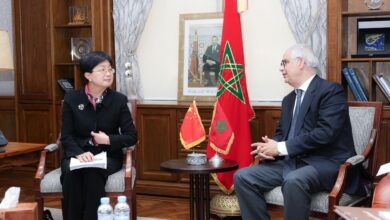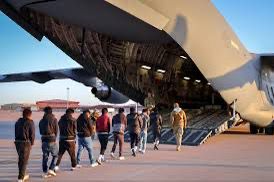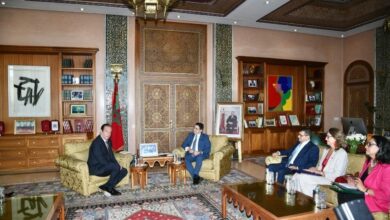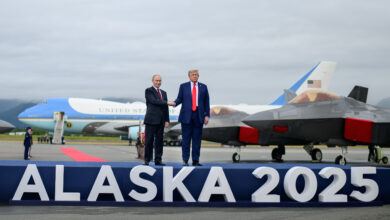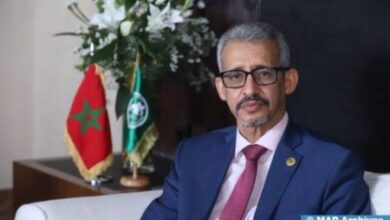Between Celebration and Breach: Morocco Honors Africa’s Queens as Algeria Stirs Division at the Women’s Africa Cup of Nations
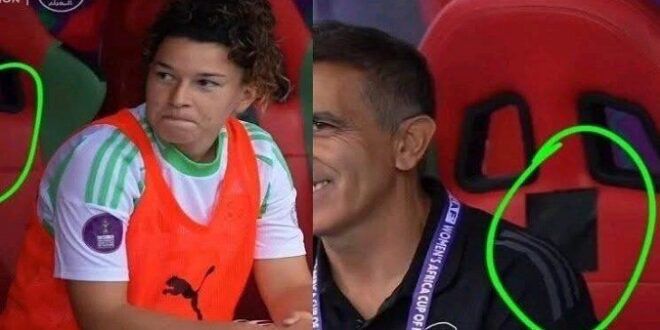
By: Iman Alaoui / ALDAR
While Morocco is proudly hosting the 2024 Women’s Africa Cup of Nations in a festive and competitive atmosphere marked by fair play and continental unity, Algeria once again finds itself at the heart of a sporting scandal. The Confederation of African Football (CAF) has officially launched an investigation into potential violations committed by the Algerian Football Federation during the tournament.
According to sources within CAF, the controversy stems from alleged breaches by Algeria during the TotalEnergies WAFCON 2024. These sources cited violations of tournament regulations, prompting CAF to open a formal inquiry to uncover the details of what occurred and identify those responsible for this unsportsmanlike behavior.
This incident comes at a time when global attention is focused on Morocco, which has successfully organized an outstanding edition of the continental championship. The tournament has earned wide praise from sports stakeholders and media alike, showcasing Morocco’s modern, forward-looking face in hosting major events — from its world-class infrastructure and smooth organization to the enthusiastic crowd turnout.
In stark contrast, Algeria appears to be out of sync with the spirit of African unity, provoking crises and engaging in conduct that promotes hate speech and division instead of noble sporting competition. This has sparked widespread backlash on social media, with many activists and followers expressing their outrage over what they described as a “politicization of sports” and an attempt to drag extraneous issues into a continental event meant to unite African nations in peace and camaraderie.
This is not the first time Algeria’s football authorities have come under fire. Similar criticism has been directed at the Algerian federation during past sporting events due to questionable actions that conflict with the values and ethics of sportsmanship.
These developments place CAF at a critical juncture, where it must uphold the neutrality and integrity of sporting events. A firm message must be sent that any breach of regulations or undermining of African unity and solidarity will not go unpunished.
Despite these tensions, Morocco remains a commendable model of how sports can be harnessed to serve noble causes and foster brotherhood among nations — far removed from narrow calculations and hostile stances.

